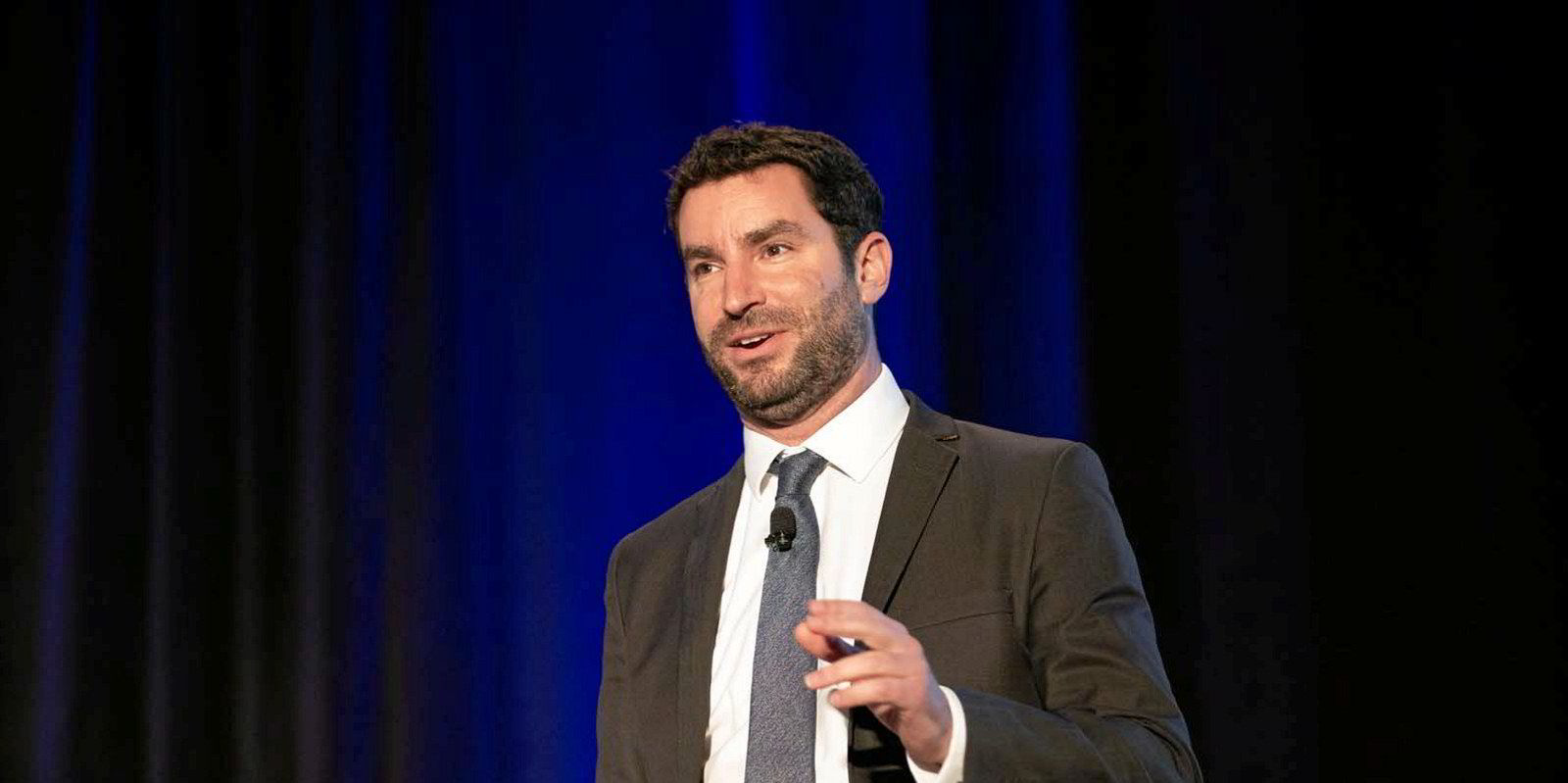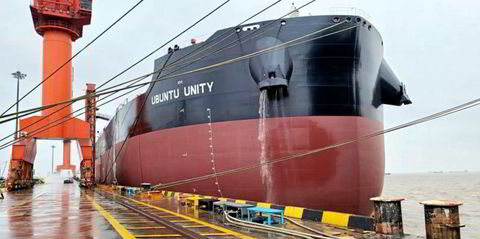Back from four-and-a-half months at sea, cadet Andrew Udovichenko celebrated the new year before returning for his last year of study at one of the world’s leading maritime institutes. Then Russian troops invaded his country.
“Unfortunately, before it really started, it ended,” said Udovichenko of his final year studies.
On the day of the invasion, the 21-year-old left Kherson State Maritime Academy in the key strategic Black Sea port city and headed with his family to comparative safety in western Ukraine.
He was able to study remotely — within limits — even after Russian forces occupied the Kherson academy.
“Of course, it is very difficult to concentrate on studying when sirens sound and gunshots are heard,” Udovichenko told TradeWinds.
But now, with his hometown of Mykolaev near the Black Sea under heavy shelling, Udovichenko has been given a rare opportunity to leave the country and realise his ambition of becoming a chief engineer on a cargo vessel.
He is one of 50 cadets who have been given dispensation to finish their studies at the Lithuanian Maritime Academy in Klaipeda under a scheme thrashed out between maritime institutions in the two countries, union officials and a seafarers’ charity.
The scheme marks a loosening of the martial law regime that blocked all those aged 18 to 60 from leaving the country at the start of the war.
Kherson is now the centre of a counterattack by Ukrainian forces to try to dislodge well-dug-in Russian troops. Russian President Vladimir Putin has ordered his commanders not to retreat from the strategically important port, according to US officials.
But in a sign of the importance of the maritime industry, the Ukrainian government has this month agreed to let those training or with contracts for ships outside of the country take up those places.
Thousands of cadets in Ukraine have been unable to complete their courses because they do not have enough experience at sea.
A report by Bimco and the International Chamber of Shipping said that Ukraine contributes some 4% of seafarers to the global maritime workforce of 1.89 million.
The majority of them are trained officers. And even before the war, the industry expressed concerns about a shortfall in officer ranks.
Extremely proud
After the year of studies, the 50 cadets will obtain Lithuanian and Ukrainian certificates of competency, said the organisers of the project.
“We’re extremely proud to help these young people to finish their studies and realise their aspirations,” said David Heindel, chair of the ITF Seafarers’ Trust.
“Ukraine is known to the world for its highly skilled seafarers and, today, thousands of seafarers are fighting for its independence,” said Oleg Grygoriuk, the chairman of the Marine Transport Workers’ Trade Union of Ukraine.
“We are immensely proud of their courage. However, we must not forget about our future. It was in thinking about future generations of Ukrainian seafarers when the idea of a project was born.”





